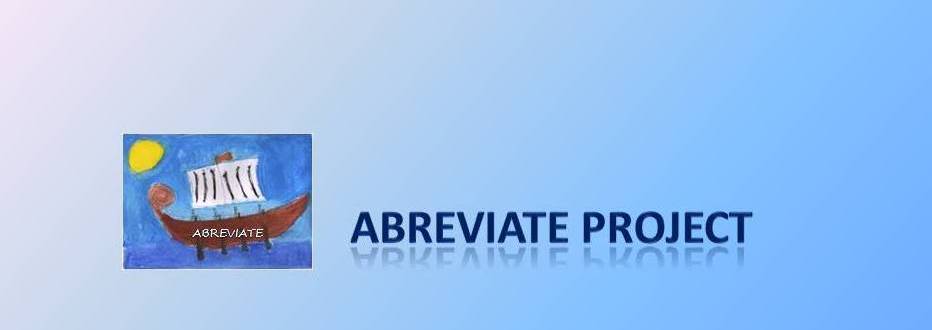Welcome to the webpage of ARISTEIA - ABREVIATE project
The research programme “Applying effective and Beneficial strategies to REduce unscheduled and urgent VIsits of patients with chronic physical illnesses to AccidenT and Emergency departments” is co-funded by the European Union - European Social Fund - ESF and the Hellenic Ministry of Culture, Education and Religious Affairs through the Operational Programme “Education and Lifelong Learning” of NSRF (National Strategic Reference Framework) (Programme No: 1259, Protocol No: 9380/7-9-2011).
People with chronic physical illnesses often seek medical help in the evenings or at weekends because their condition is worsening. This programme aims to understand the need for this out-of-hours care and assess whether the need may be reduced if more comprehensive routine care is developed.
Principal Investigator (PI)
- Thomas Hyphantis, Professor of Psychiatry, University of Ioannina
Research Group
- Francis Creed, Professor of Psychological Medicine, University of Manchester, UK
- Elspeth Guthrie, Professor of Psychological Medicine and Medical Psychotherapy, UK
- Andre F. Carvalho, Associate Professor of Psychiatry, University of Ceara, Fortaleza, Brazil
- Alexandros A. Drosos, Professor of Rheumatology, University of Ioannina
- Stavros Constantopoulos, Professor of Pneumonology, University of Ioannina
- Athina Tatsioni, Assistant Professor of General Medicine, University of Ioannina
- Vassiliki Paika, PhD Psychologist, Post-doctoral fellow, University of Ioannina
- Nickolas Theocharopoulos, MD Psychiatrist, Doc fellow, University of Ioannina
- Angeliki Ninou, MSc Psychologist, Doc fellow, University of Ioannina
Scientific Collaborators
- Kurt Kroenke, Professor of Medicine, Indiana University, USA
- Elisavet Ntountoulaki, Doc fellow, University of Ioannina
- Argiro - Irene Pappas, Doc fellow, University of Ioannina
- Panagiota Goulia, Psychiatrist - Geriatric Psychiatrist, University of Ioannina
- Kostas Kotsis, PhD Child and Adolescent Psychiatrist, University of Ioannina
- Eugenia Papatheodorou, Psychiatrist, University of Ioannina
- Aggeliki Zeri, Medical School Student, University of Ioannina
- Katerina Theofilopoulou, Medical School Student, University of Ioannina
- Katerina Loutou, Medical School Student, University of Ioannina

(Programme No: 1259, Protocol No: 9380/7-9-2011)


